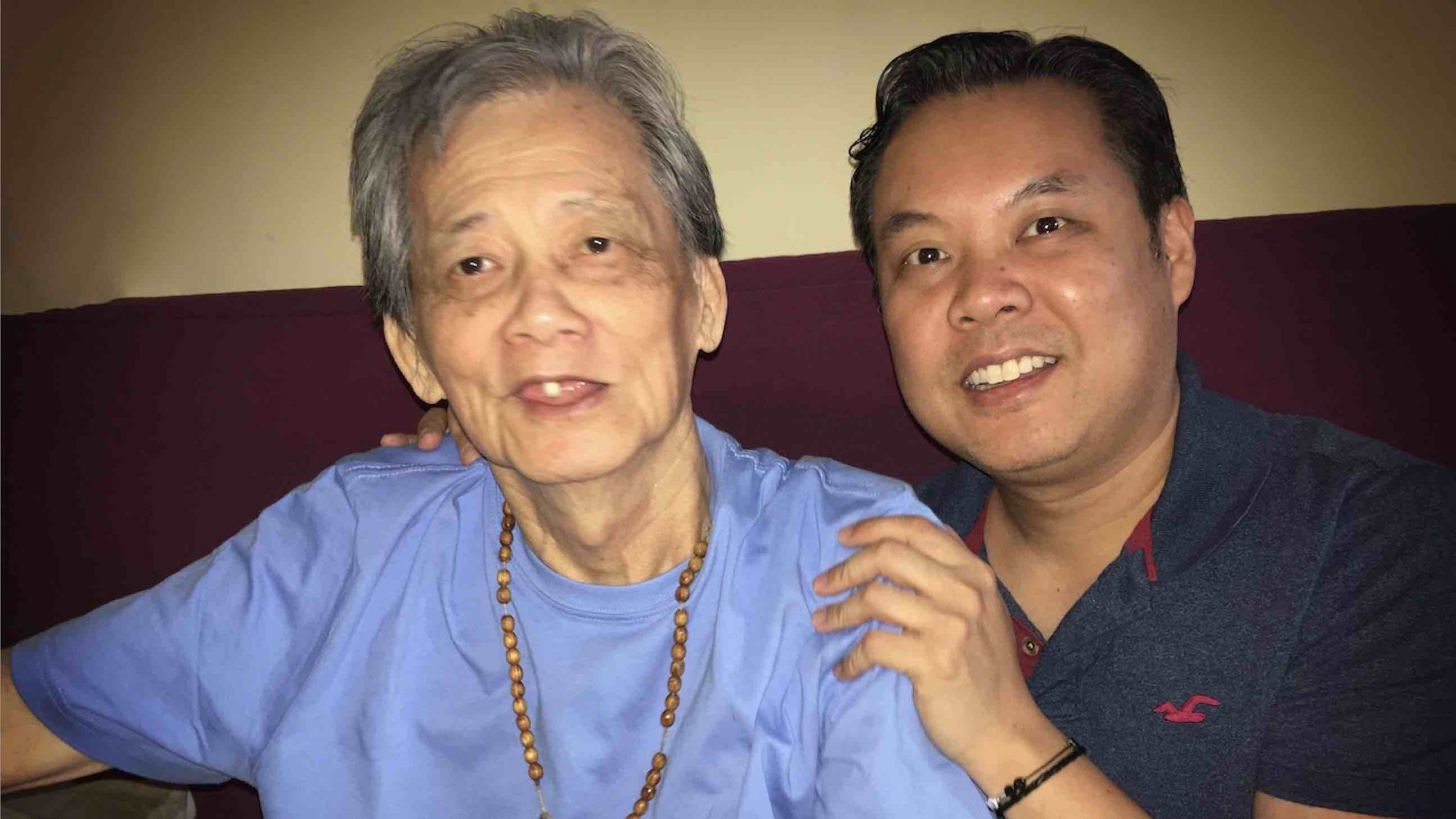“that (dog) has brought her so much comfort and joy. when she’s in the hospital, she will just sit and hold this dog and just loves it,” kim said. “it was a hard thing to introduce because it’s so strange. there’s almost judgement of the social norms that you just have to throw out. it’s weird, but it’s not weird for her.”
giving yourself grace and finding joy in the little things
learning that a loved one, especially someone as vibrant as ruth, has alzheimer’s disease is one of the hardest things a person will go through. because of that, the weight of the emotions that kim experienced was a heavy load to carry— and it’s not always easy to keep negative emotions at bay.
“early on, i had a lot of anger and resentments,” kim said. “the hard emotions are softer now. they’re still present at times, but they’ve softened.”
it’s through finding the right supports, a critical aspect of being a caregiver, according to kim, that caring for ruth has become much more manageable. she also had to learn that mistakes happen and that the whirlwind of emotions you go through when coping with and caring for a loved one in this capacity is nothing short of simply being a human being.
“you’re going to make mistakes. you’re going to do the wrong thing, and you might get angry, or you might cry at the wrong times. you might lose your patience. you might drop the ball on something,” she said. “give yourself some grace and … find moments of joy because they’re there, and helping both you and the person you’re caring for find those moments of joy together.”
 9 minute read
9 minute read









